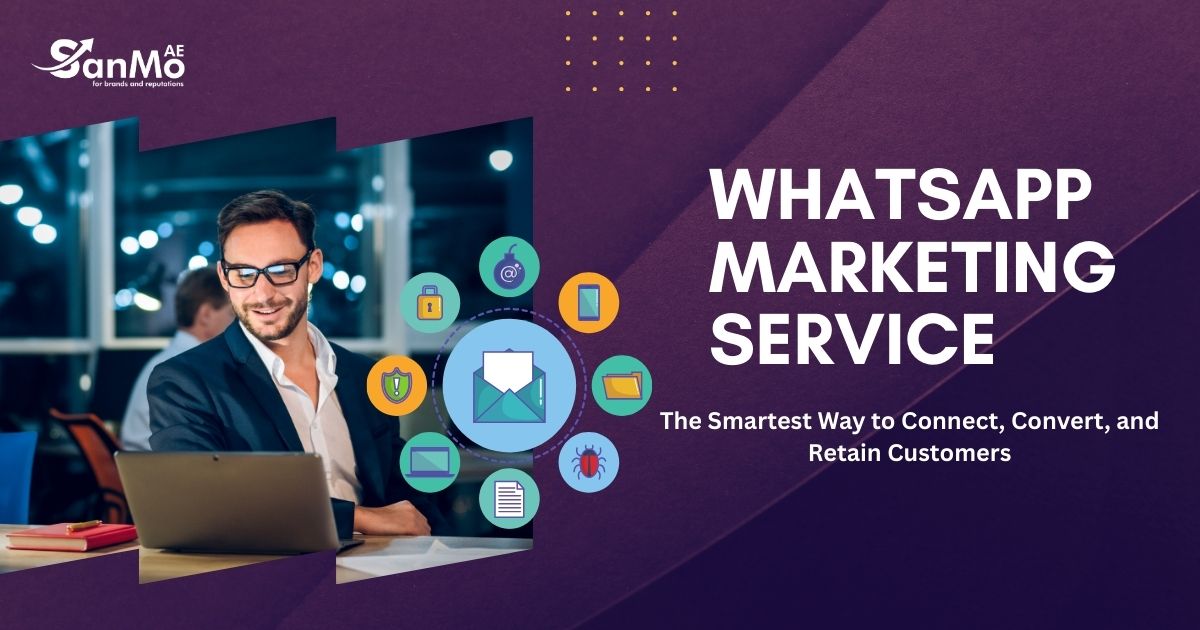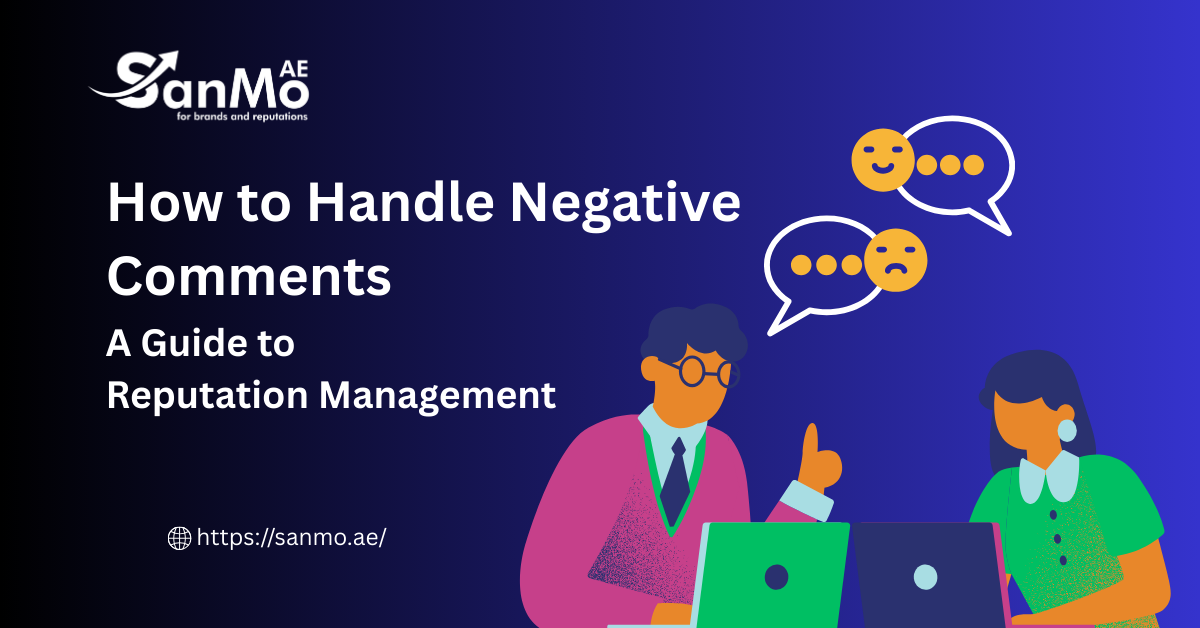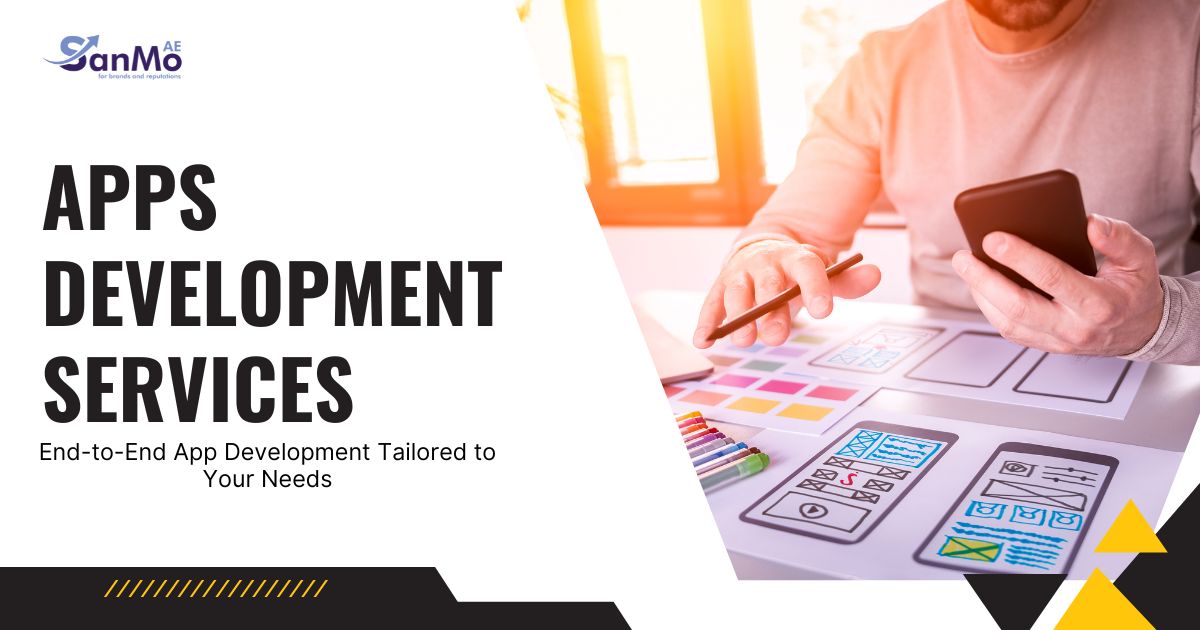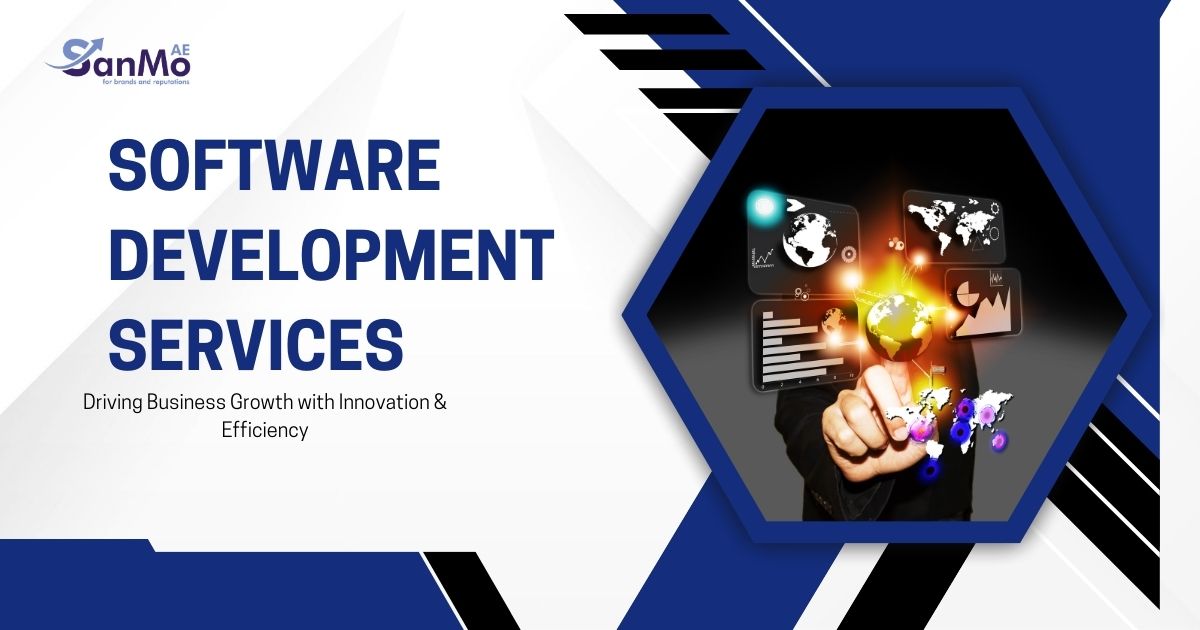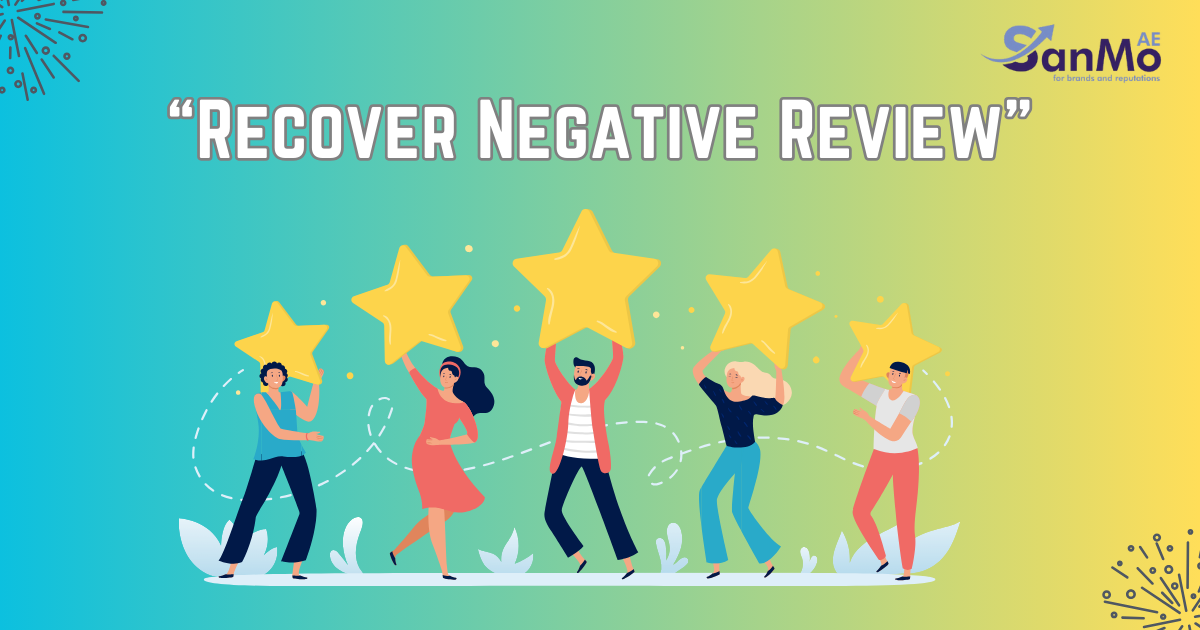WhatsApp has evolved far beyond simple messaging between friends and family. With over 2 billion users worldwide, this platform now represents one of the most powerful marketing channels available to businesses today. Companies across industries are discovering that WhatsApp marketing offers unparalleled reach, engagement rates that dwarf traditional channels, and the personal touch that modern consumers crave.
The shift toward conversational marketing isn’t just a trend—it’s a fundamental change in how businesses connect with their audiences. While email open rates hover around 20% and social media engagement continues to decline, WhatsApp messages boast an impressive 98% open rate. This dramatic difference has caught the attention of marketing teams looking for more effective ways to reach their customers.
What makes WhatsApp marketing particularly compelling is its ability to facilitate genuine two-way conversations. Unlike traditional advertising that broadcasts messages to passive audiences, WhatsApp enables real-time dialogue that builds trust and drives meaningful engagement. Businesses can provide instant customer support, share personalized offers, and create community-driven experiences that foster long-term loyalty.
Why WhatsApp Marketing Works So Well
The effectiveness of WhatsApp marketing stems from several key factors that align perfectly with modern consumer behavior. People check WhatsApp multiple times throughout the day, making it an incredibly reliable way to reach your audience when they’re most likely to engage.
Trust plays a crucial role in WhatsApp’s success as a marketing platform. When customers opt-in to receive messages from a business, they’re making a conscious decision to invite that brand into their personal communication space. This permission-based approach creates a foundation of trust that traditional advertising struggles to achieve.
The personal nature of WhatsApp also contributes to its marketing power. Messages feel like conversations with friends rather than corporate communications. This intimacy allows businesses to build stronger relationships with their customers and create more memorable brand experiences.
Mobile-first design gives WhatsApp another significant advantage. As mobile usage continues to dominate digital consumption, platforms optimized for smartphones naturally perform better than those designed for desktop computers. WhatsApp’s interface makes it effortless for users to engage with business messages, regardless of their technical expertise.
Key Features That Drive Results
WhatsApp Business API provides several features specifically designed for marketing applications. Broadcast lists allow companies to send messages to multiple contacts simultaneously while maintaining the personal feel of individual conversations. Each recipient sees the message as a direct communication from the business, not as part of a mass mailing.
Rich media support enables businesses to share images, videos, documents, and voice messages that create more engaging experiences than text-only communications. Product catalogs integrated directly into WhatsApp make it easy for customers to browse offerings and make purchase decisions without leaving the conversation.
Interactive buttons and quick replies streamline customer interactions by providing predetermined response options. These features reduce friction in the customer journey while gathering valuable data about user preferences and behaviors.
Automated messaging capabilities handle routine inquiries and provide instant responses outside business hours. Smart chatbots can qualify leads, answer frequently asked questions, and route complex issues to human agents when necessary.
Industries Leading WhatsApp Marketing Adoption
E-commerce businesses have embraced WhatsApp marketing with particular enthusiasm. Online retailers use the platform to send order confirmations, shipping updates, and personalized product recommendations. The visual nature of WhatsApp makes it perfect for showcasing products through images and videos.
Healthcare providers leverage WhatsApp to send appointment reminders, share test results, and provide health tips to patients. The secure, private nature of WhatsApp conversations makes patients more comfortable discussing sensitive health information.
Financial services companies use WhatsApp to send transaction alerts, provide account updates, and offer customer support. The platform’s end-to-end encryption provides the security that financial communications require.
Educational institutions utilize WhatsApp to communicate with students and parents about schedules, assignments, and important announcements. The group messaging features make it easy to keep entire classes or programs informed.
Real estate agents find WhatsApp particularly effective for sharing property listings, scheduling viewings, and maintaining relationships with potential buyers. The ability to quickly share photos and videos of properties streamlines the sales process.
Building Your WhatsApp Marketing Strategy
Successful WhatsApp marketing starts with building a quality contact list through opt-in processes. Unlike email marketing, where purchased lists are common practice, WhatsApp requires explicit consent from users before businesses can send messages. This means focusing on organic growth strategies that encourage customers to voluntarily share their WhatsApp contact information.
Content strategy for WhatsApp differs significantly from other marketing channels. Messages should feel conversational and provide immediate value to recipients. Promotional content works best when mixed with helpful information, customer service, and community-building initiatives.
Timing matters more on WhatsApp than on other platforms because messages appear alongside personal conversations from friends and family. Businesses need to be respectful of their customers’ personal space and avoid sending messages during inappropriate hours.
Personalization capabilities on WhatsApp allow for highly targeted messaging based on customer behavior, preferences, and purchase history. However, the key is using this information subtly to enhance the conversation rather than making it feel invasive or overly sales-focused.
Measuring WhatsApp Marketing Success
Traditional marketing metrics don’t always translate directly to WhatsApp campaigns. While open rates remain important, engagement metrics like response rates, conversation length, and customer satisfaction scores provide better insights into campaign effectiveness.
Conversion tracking requires careful setup to connect WhatsApp interactions with actual sales or desired actions. Many businesses use unique promo codes or trackable links to measure the direct impact of their WhatsApp marketing efforts.
Customer lifetime value often increases when WhatsApp becomes part of the marketing mix. The personal nature of WhatsApp conversations tends to strengthen customer relationships, leading to higher retention rates and increased spending over time.
Response time becomes a critical metric for WhatsApp marketing success. Customers expect quick replies on messaging platforms, and slow response times can damage brand perception and reduce future engagement.
Overcoming Common Challenges
Managing high message volumes can overwhelm small teams without proper systems in place. Businesses need to invest in tools and processes that help organize conversations, track customer interactions, and ensure no messages fall through the cracks.
Maintaining message quality while scaling operations requires careful attention to training and standardization. Teams need clear guidelines about tone, response times, and escalation procedures to maintain consistent brand experiences.
Balancing automation with human interaction presents an ongoing challenge for WhatsApp marketers. While chatbots can handle routine tasks efficiently, customers still value human connection for complex issues or important decisions.
Compliance with privacy regulations adds complexity to WhatsApp marketing campaigns. Businesses must ensure they’re following local data protection laws while maintaining the personal touch that makes WhatsApp effective.
Future Trends Shaping WhatsApp Marketing
Integration with other business systems continues to evolve, making WhatsApp a more central part of customer relationship management. API improvements allow for better synchronization with CRM systems, e-commerce platforms, and customer service tools.
Artificial intelligence capabilities are becoming more sophisticated, enabling more natural conversations and better customer service automation. AI-powered chatbots can handle increasingly complex customer inquiries while maintaining the conversational feel that WhatsApp users expect.
Video calling and voice messaging features are expanding marketing possibilities beyond text-based communications. Businesses are experimenting with video consultations, voice-based customer service, and multimedia content strategies.
Payment integration within WhatsApp is rolling out in various markets, potentially transforming the platform into a complete sales channel. This development could eliminate friction in the purchase process and create new opportunities for impulse buying.
Getting Started With WhatsApp Marketing
Before launching WhatsApp marketing campaigns, businesses should clearly define their objectives and target audience. Different customer segments may respond better to different types of WhatsApp communications, so segmentation strategy becomes crucial.
Setting up proper infrastructure includes choosing between WhatsApp Business app for small operations or WhatsApp Business API for larger-scale marketing efforts. The API version provides more advanced features but requires technical integration and ongoing management.
Creating compelling opt-in opportunities helps build a quality subscriber base organically. These might include QR codes on packaging, website integration, social media campaigns, or in-store promotions that encourage customers to connect via WhatsApp.
Training staff members on WhatsApp marketing best practices ensures consistent brand representation across all customer interactions. Teams need to understand platform etiquette, response time expectations, and escalation procedures.
Maximizing Your WhatsApp Marketing Investment
WhatsApp marketing represents a significant opportunity for businesses willing to approach it strategically and authentically. The platform’s unique combination of reach, engagement, and personal connection creates possibilities that traditional marketing channels simply cannot match.
Success requires understanding that WhatsApp marketing is fundamentally about building relationships rather than broadcasting messages. Companies that focus on providing value, maintaining conversations, and respecting their customers’ time and attention will find WhatsApp to be an incredibly powerful addition to their marketing toolkit.
The businesses already succeeding with WhatsApp marketing share common traits: they prioritize customer experience, invest in proper tools and training, and maintain consistency in their communications. Most importantly, they recognize that WhatsApp marketing is not just another channel to push promotional content—it’s an opportunity to create meaningful connections that drive long-term business growth.

